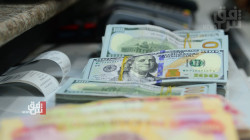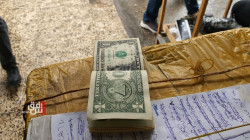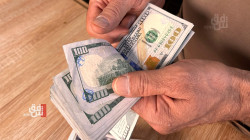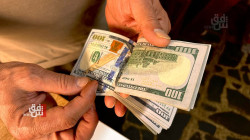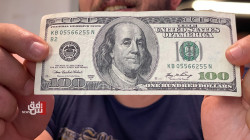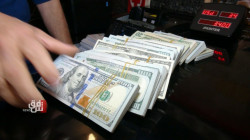Iraqi dinar rises as US dollar demand drops: PM advisor explains
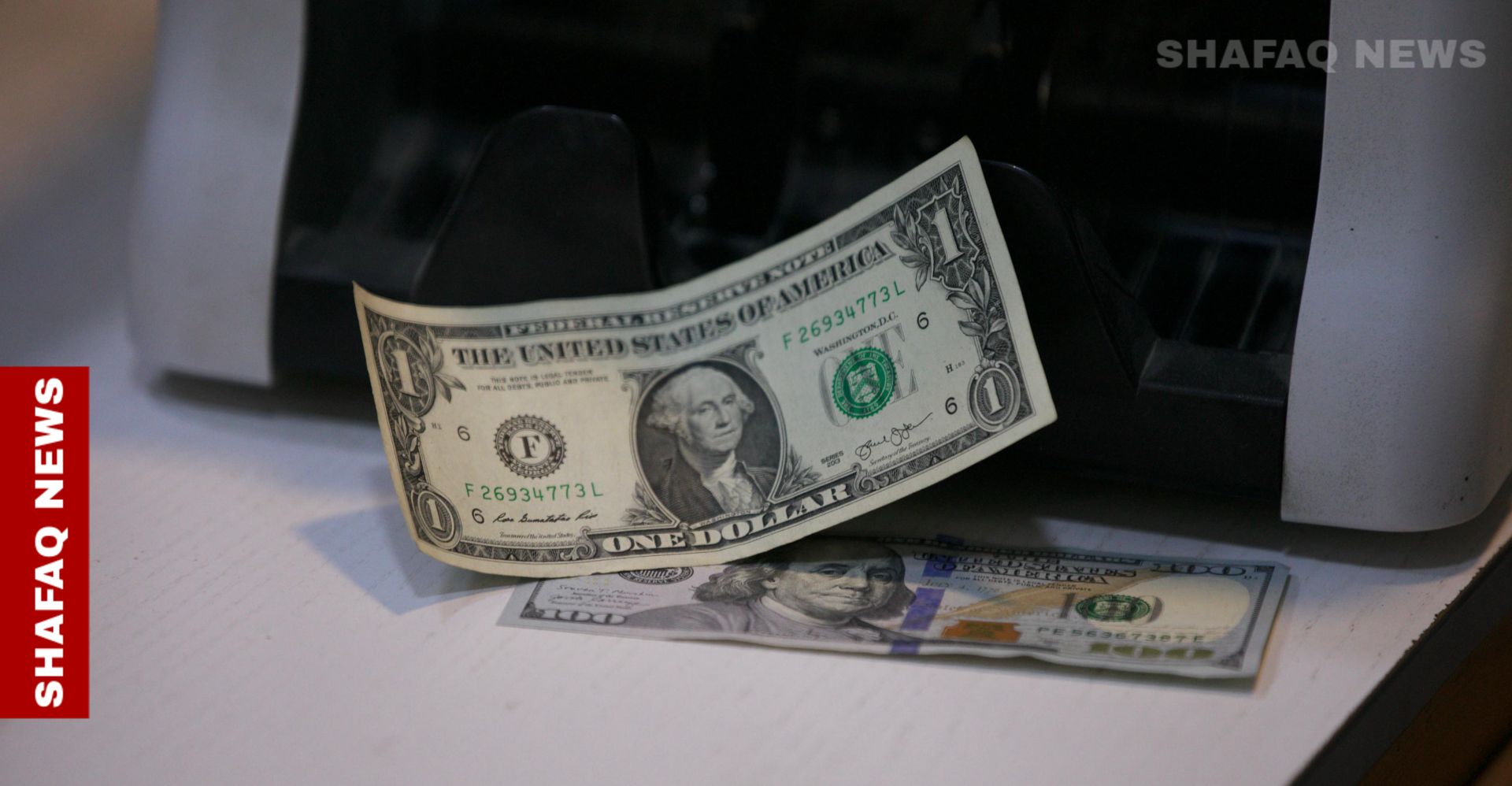
Shafaq News/ The Iraqi dinar has gained ground against the US dollar in parallel markets, driven by a significant drop in demand for the foreign currency.
According to Mudhhir Muhammad Salih, the financial and economic advisor to the Prime Minister, three key factors contribute to the dinar’s recent appreciation, with the exchange rate improving by an average of 15% in recent weeks compared to the official rate.
The first major factor is the Central Bank of Iraq’s increased efficiency in financing foreign trade. By accelerating dollar transfers through top-rated international correspondent banks (rated AAA), the bank has made it easier for large private-sector traders to access foreign currency. Additionally, expanding transactions in euros, UAE dirham, and Chinese yuan with reliable correspondent banks has facilitated trade with Iraq’s key partners—namely the UAE, Turkiye, and China.
The second factor, according to Salih, is the easing of restrictions on small-scale trade, which accounts for about 60% of Iraq’s private sector imports. By reducing intermediary costs and allowing direct access to foreign currency through accredited Iraqi banks, small businesses now rely less on black-market channels.
A third is the rising use of digital payment cards by Iraqi travelers to obtain foreign currency. Each traveler can access up to $3,000 in cash monthly at the official rate of 1,320 dinars per dollar, in addition to larger amounts via debit, credit, or prepaid cards. This has sharply reduced the need for travelers to turn to unofficial currency dealers.
Salih also noted that legal scrutiny surrounding black-market dollar transactions has deterred many from participating, while increased volatility in the dollar’s value, especially compared to gold, has pushed individuals toward safer investments. These include gold purchases and government bonds, which offer guaranteed semi-annual interest and can be traded on Iraq’s secondary market.
Furthermore, the growing network of hypermarkets across Iraq has played a role in stabilizing consumer prices, undercutting the influence of parallel market rates on daily goods.
Finally, Salih highlighted the surge in gold purchases as a hedge against speculation about potential US moves to retire certain dollar denominations, a rumor circulating in Iraqi financial circles. This trend, he said, further illustrates a shift in public confidence away from the dollar toward more stable stores of value.
